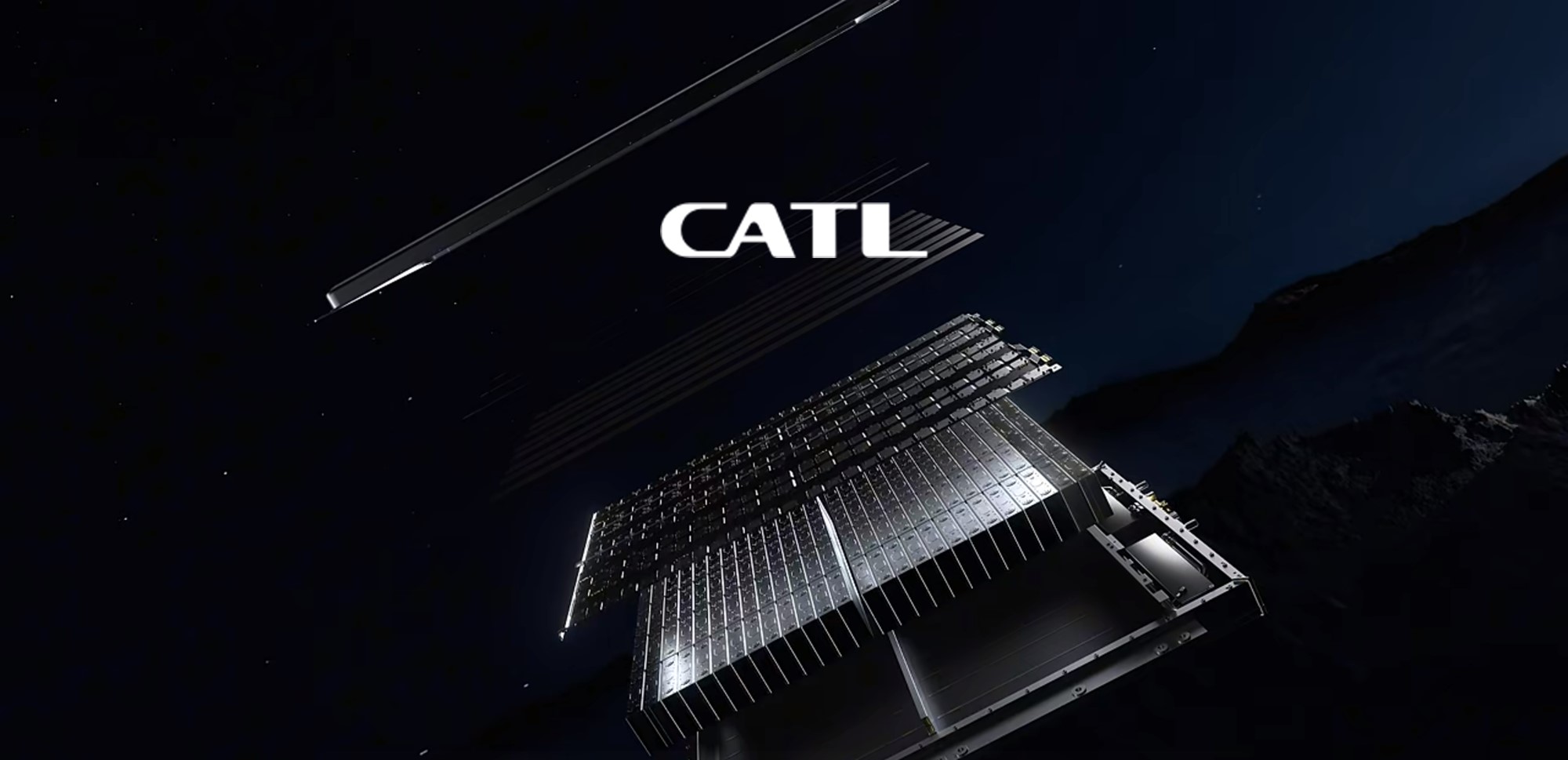Recently, Robin Zeng, the chairman of CATL, stated in an interview with Reuters that if Donald Trump, the newly elected US President on November 5th, opens the door for Chinese investment in the electric vehicle supply chain, CATL would consider constructing a plant in the United States.
These trade barriers have prevented world-leading electric vehicle battery and electric vehicle companies, including CATL and BYD, from entering the US market, where they could have accelerated the transition to electric vehicles, which the US is already lagging in. CATL recently unveiled its sodium-lithium AB battery, the Freevoy Super Hybrid Battery, which boasts performance in cruising range, fast charging, and low temperatures.
However, despite Trump's desire to prevent car imports from China, he also expressed openness to Chinese automakers manufacturing cars in the United States during his campaign. In an August interview with Reuters, Trump said, "We're going to give incentives, and if China and other countries want to come here and sell the cars, they're going to build plants here, and they're going to hire our workers."
Such statements by Trump have piqued CATL's interest in expanding in the United States and sincerely hope that the US will be open to Chinese investment in the future.
This is the first public comment from a Chinese battery supplier since Trump's victory in the November 5th presidential election. However, Trump's team did not comment on the matter.
CATL has limited its business in the US market to battery production licensing services, also known as the LSR (License Royalty Service) mode. Ford is opening a battery factory in Michigan to produce low-cost lithium iron phosphate batteries for its Mustang Mach-E and F-150 Lightning pickup under a licensing agreement with CATL.
Tesla has also reached a similar agreement with CATL to license CATL's battery technology for battery production in Nevada, which Reuters reports is expected to launch in 2025.
In September, it was also reported that General Motors was discussing plans to purchase CATL's EV battery technology through the Japanese consumer electronics parts company TDK to build a battery factory in the United States.
Regarding the battery cooperation with Tesla, Mr. Zeng stated in an interview with Reuters on Tuesday that the licensing agreement with Tesla would allow Musk to focus more on investing in artificial intelligence and autonomous driving. CATL is a major supplier to Tesla's Shanghai giga-factory. When Musk met with Zeng during his visit to Beijing in April, they agreed on the potential of AI-powered autonomous vehicle technology, with Zeng saying, "I think it's a good direction." Tesla launched its first driverless taxi, the two-seater "Cybercab," in Los Angeles on October 10th and expects to bring it to market by 2026.
However, Mr. Zeng mentioned that Musk is sometimes overly optimistic about launching new cars or new technologies, shortening what might take five years to two in order to motivate employees. Additionally, Reuters reported that Zeng believes Tesla's bet on the 4680 large cylindrical battery "will fail and will never be successful."






